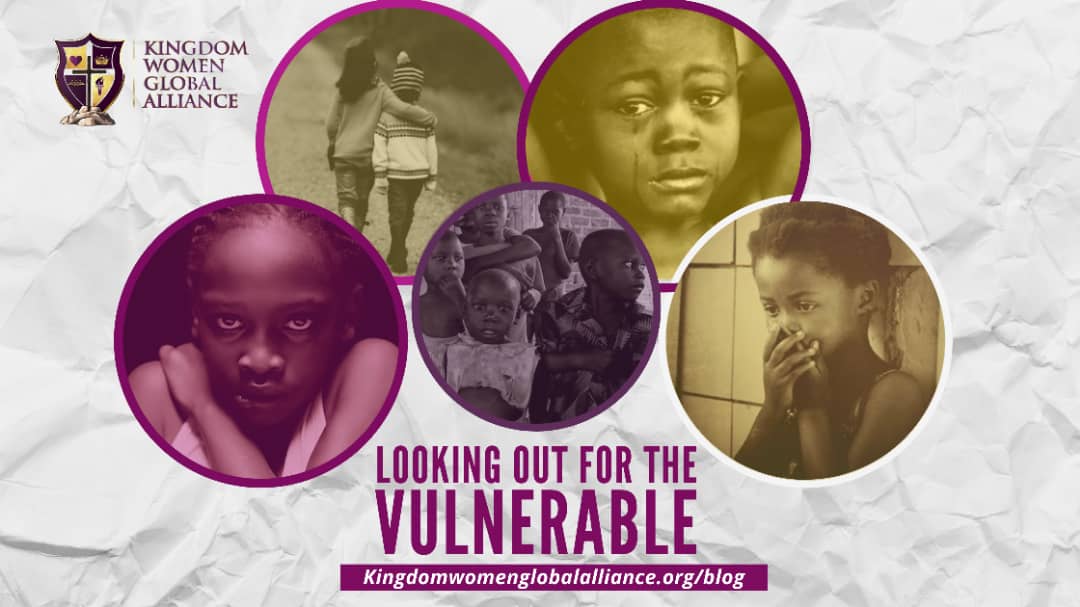
LOOKING OUT FOR THE VULNERABLE
Kara kept running as fast as her legs could carry her. She paused to catch her breath, when she got to the bridge. She looked back and realised no one was following her. Then, relieved, Kara burst into tears. Where would she go? She had no money on her. She knew no one.
All these thoughts raced through her mind. However, she was sure of one thing; she was not going back to the brothel. As she slowed to a walk, her mind travelled back in time. She had been outside playing with Nere when strangers suddenly grabbed both of them. The details of the incident have now become blurry in her memory. She wondered if her mum missed her. Her baby brother will be in preschool now.
There are more than 40 million people trapped in human trafficking around the world. Children make up one-third of the human trafficking victims. Forced into labour, sold into prostitution, and other comprising and dangerous situations, the victims are helpless.
In disasters, conflicts and other humanitarian emergencies, children sometimes become separated from their families. Left without protection, they are easy prey for traffickers to exploit either by force or with false promises.

Every country in the world is affected by human trafficking, whether as a victim’s original country, somewhere they travelled through or the destination. Children’s Social Care Reformation is to protect and safeguard vulnerable children. It should also offer family support in the community through initiatives directed at children and young people at risk of gang involvement, anti-social behaviour or crime. These initiatives should cover physical health services, mental health services, protection, and birthing solutions.
In countries like Nigeria, the child social care reformation is nascent. We need to become intentional about every child in our lives. It starts from our local community, our environment and our home. We can stop child trafficking by equipping the vulnerable with valuable skills.
When certain indicators are present, children become better protected from people trying to exploit them, and reformation occurs in the process. Some of these indicators are:
- A tightknit Community,
- Education for the Community,
- Prayers,
- Child Development (equipping the spiritual, social, economic and physical aspect of their lives),
- The rise of advocates who will stand for the truth (driving the reformation of these children and helping them get back their lives) and
- Awareness that reformation starts from each individual in the world.
Child social care reformation is not supposed to be handled by specific individuals alone. Everyone has a part to play in birthing this change!
What will you do going forward, considering the enormity of the challenges in this area?
Writer: Ayomide Fasakin